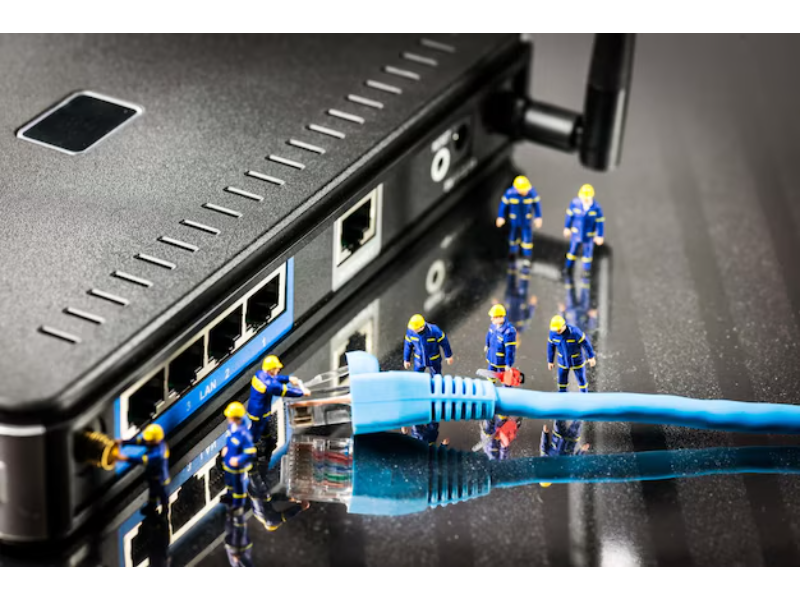- Power outages in countries like Cuba, Ecuador, and Kenya highlight the critical need for electrical resilience to maintain Internet connectivity.
- Experts argue that the future of Internet resilience depends on integrating electrical infrastructure into policy decisions and investments.
What happened: Internet resilience hinges on electrical power amid global outages
Recent global events have highlighted a critical truth: without reliable electricity, the Internet ceases to function. From hurricanes in Cuba to nationwide power failures in Ecuador and Kenya, the loss of electrical power has resulted in widespread Internet outages, leaving millions without connectivity. In some regions, military conflicts and extreme weather events have exacerbated the problem, cutting off access to both power and the Internet for entire populations. The reality is simple—there cannot be Internet without electricity.
In response to these growing concerns, experts and organizations like the Internet Society have begun calling for a more integrated approach to Internet resilience, one that considers the resilience of electrical infrastructure. As highlighted in the Pulse Internet Resilience Index, the correlation between reliable electricity and access to the Internet is undeniable. Countries with consistent and resilient power grids tend to have better Internet connectivity and availability. This connection between electricity and Internet access is often overlooked but has become a crucial factor in addressing global digital inequality. The Internet Society, a global nonprofit organization, has outlined a strategic vision for 2030 that emphasizes the importance of ensuring both Internet and electrical resilience. In a recent blog post, Internet Society’s Robbie Mitchell stressed that power is one of the most vital components of the Internet ecosystem. Without electricity to power routers, switches, and data centers, the digital world as we know it collapses. Therefore, policymakers must prioritize energy resilience as part of any Internet-related policies and projects moving forward.
Also Read: BGP hijack on Fastly highlights improved internet resilience
Also Read: How Anycast routing boosts DNS resilience and reduces latency
Why it’s important
The interdependence of electricity and Internet connectivity is more apparent than ever in light of recent power outages and global disasters. From floods in Nepal to hurricanes in the Caribbean, these events have demonstrated that the lack of electrical power inevitably results in the collapse of Internet connectivity. For communities and businesses that rely on digital infrastructure for communication, education, and commerce, this connection is critical. Experts are now advocating for greater attention to energy resilience in Internet infrastructure deployments and policies. For example, solar-powered solutions have already proven effective in regions like Nepal and Kyrgyzstan, where solar panels helped maintain connectivity during periods of electrical failure. By integrating these decentralized solutions with traditional power grids, communities can achieve greater resilience in the face of natural disasters and power disruptions.
Furthermore, the need for accurate and up-to-date data on electrical resilience is pressing. Metrics such as SAIDI (System Average Interruption Duration Index) and SAIFI (System Average Interruption Frequency Index) are commonly used in the energy sector, but there is a lack of reliable global data on electrical resilience. The absence of such data hampers efforts to assess and improve the resilience of both power and Internet systems worldwide. By bridging the gap between the Internet and energy industries, policymakers and industry leaders can ensure a more resilient future where both power and connectivity are accessible to all.

